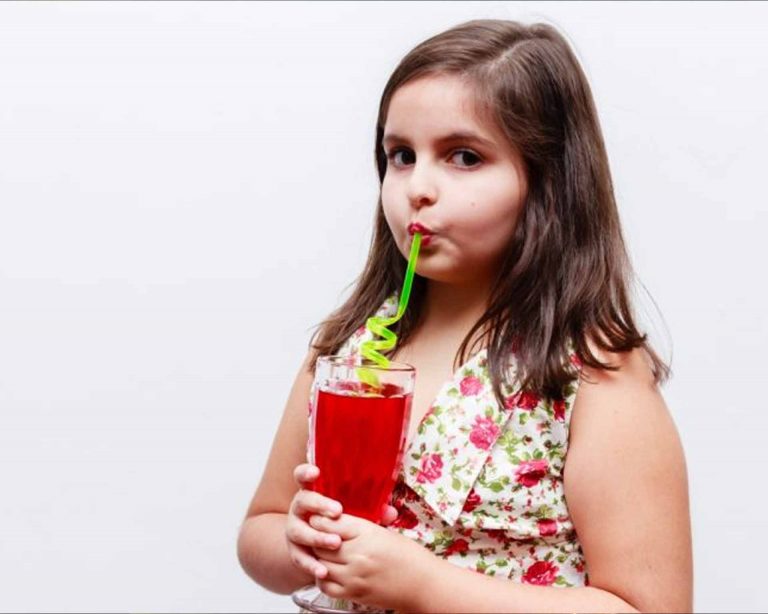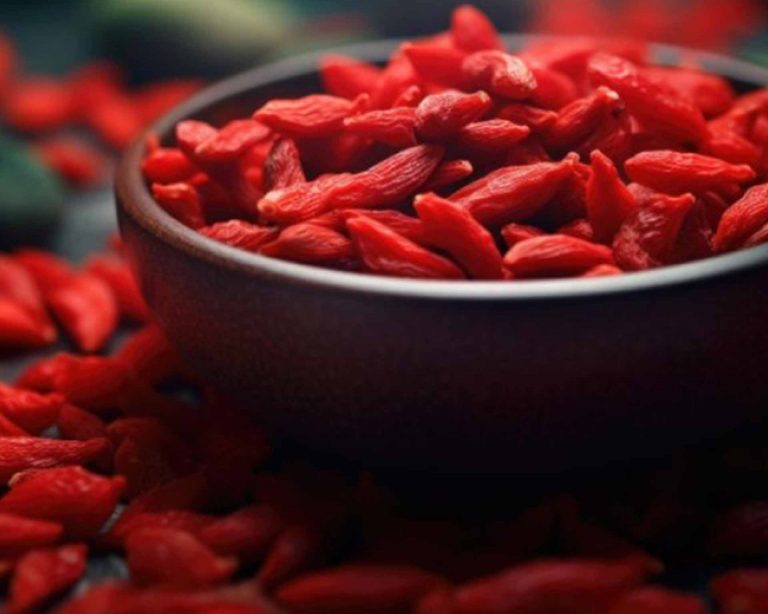The Hidden Impact of Artificial Sweeteners on Children’s Health
Excerpt

Article
Dear Parents and Guardians,
In our continuous effort to make the best choices for our children’s health, we sometimes encounter hidden complexities. One such complexity is the use of artificial sweeteners, often perceived as healthier alternatives to sugar.
Recent Research Insights:
Harvard School of Public Health’s research has shed light on the effects of low-calorie sweeteners (LCS) like artificial sweeteners. Despite being used to reduce sugar intake and control blood glucose, these sweeteners are linked to significant health concerns.
The Deceptive Nature of Artificial Sweeteners:
- BMI Increase in Children: Children consuming artificially sweetened beverages experienced a notable increase in BMI, as compared to those not consuming these substitutes.
- FDA-Approved Sweeteners: There are six LCS approved by the FDA. Each has been studied for potential toxic effects, and while they contain fewer calories than sugar, their long-term impact is still under scrutiny.
- Cardiovascular Risks: An observational study found an association between erythritol, a sugar alcohol used as a sweetener, and increased risks of cardiovascular events.
- Diabetes Risk: A study indicated that both sugar-sweetened and artificially sweetened beverages are linked to an increased risk of type 2 diabetes.
- Weight Control Challenges: Long-term studies on LCS beverages show mixed results, with some indicating reduced weight gain, while others show no effect or even weight gain.
Educating for Better Health:
The road to better health for our children begins with awareness. As parents and guardians, it’s essential to stay informed about the latest research and make dietary choices that truly benefit our children. Consulting with pediatricians and healthcare professionals can provide valuable guidance in this endeavor.
In conclusion, as we strive to make informed choices about our children’s diets, it is crucial to recognize the complexities surrounding artificial sweeteners. Understanding their potential impact is key to safeguarding our children’s health. As the renowned nutritionist Ann Wigmore once said, “The food you eat can be either the safest and most powerful form of medicine or the slowest form of poison.” This reminds us to carefully consider each dietary choice, especially when it comes to the health and well-being of our children. Let’s commit to fostering a nourishing environment that promotes their holistic growth and development.
Reference:
https://www.hsph.harvard.edu/nutritionsource/healthy-drinks/artificial-sweeteners/
More Articles






